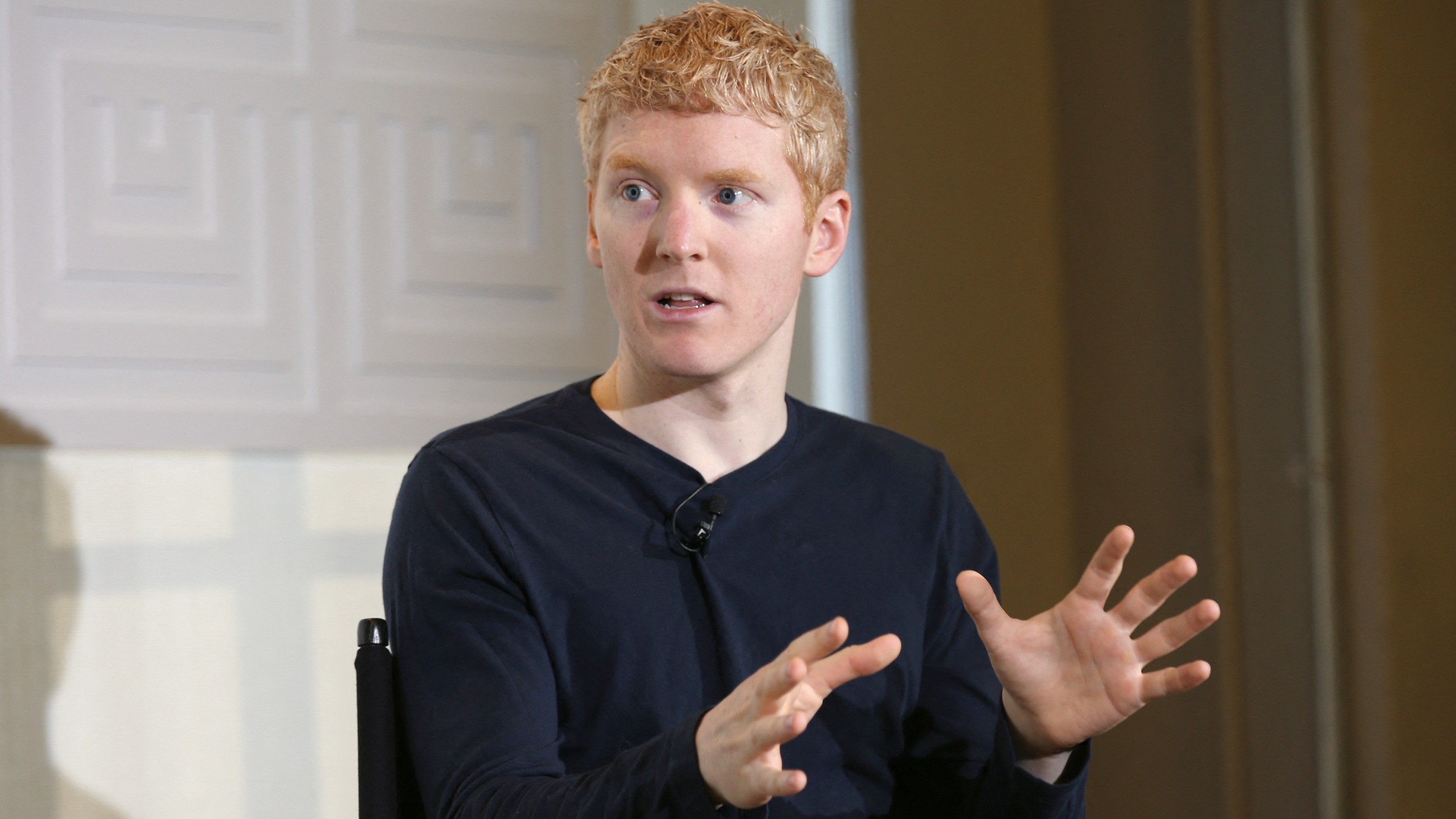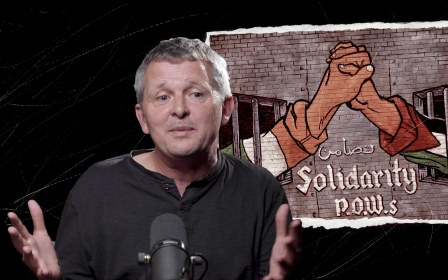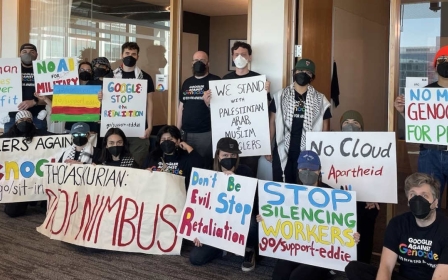Calls to boycott tech company Stripe after CEO posts about recent visit to Israel

Supporters of Palestine have called to boycott the payment platform Stripe after its CEO and co-founder Patrick Collison - an Irish-American billionaire who has advocated for Palestinians in the past - posted on social media on Wednesday about his run on the beach in Tel Aviv and how it was "great" to be back.
Great to be back in Tel Aviv. I missed this run. pic.twitter.com/xc4LP1MkQm
— Patrick Collison (@patrickc) November 27, 2024
Many responded to his post on X by pointing out that he was only thirty minutes away from the Gaza Strip. Conservative estimates say nearly 44,000 Palestinians have been killed in Israel's war on Gaza and two million have been under constant Israeli aggression as they fight what UN experts have called "'deliberate starvation".
Some drew comparisons to the Academy Award-winning film, Zone of Interest, which depicts the everyday lives of Germans who lived next to the Auschwitz concentration camp during World War Two.
I'll leave this here https://t.co/aH14ibmp7s pic.twitter.com/ZadlwInEZO
— Toffee (@emadabdulrahim) November 27, 2024
New MEE newsletter: Jerusalem Dispatch
Sign up to get the latest insights and analysis on Israel-Palestine, alongside Turkey Unpacked and other MEE newsletters
Pro-Israelis on social media deemed Patrick's post as a signal of his support for the state and thanked him for his solidarity. The official Israel X account was among the responses that welcomed him.
Welcome 🇮🇱❤️
— Israel ישראל (@Israel) November 27, 2024
The post came as a surprise for those who have closely followed his tech career. In 2019, Patrick visited the occupied Palestinian territories and spoke to Palestinian tech entrepreneurs in Ramallah about the obstacles they face in the tech world.
Irish tech founder Paul Biggar, who also founded the Tech for Palestine coalition, took to X to criticise him, posting: "Why are folks are so pissed at @patrickc's tweet? It's because, unlike a lot of people, he actually knows what Israel is doing".
According to a Bloomberg article about Patrick's visit to Ramallah, the Irish CEO told the young Palestinians that he could "perhaps relate to a feeling of isolation and the struggle to make an impact on the world" because he had grown up in rural Ireland.
"There is that sense of comparative inferiority. You are clearly much less significant than the bigger forces around you," he reportedly said.
He also said he wanted to expand Stripe’s business to occupied Palestine, adding that the company is “drawn by places that the rest of the world tends to underestimate”.
Patrick actually gave a talk in Ramallah where he told Palestinian founders that he was just like them 🤮 pic.twitter.com/Tg8ZDPlDUL
— Paul Biggar 🇵🇸🇮🇪 (@paulbiggar) November 28, 2024
Biggar also pointed out that Patrick led the seed round for a Palestinian teen's start-up in Gaza back in 2021 and posted about Israel's attacks on Gaza in 2014.
http://t.co/TQEDyuOnNo pic.twitter.com/91CPe9M1pj
— Patrick Collison (@patrickc) July 30, 2014
Others pointed out that although Patrick has expressed support for Palestinians, his brother and co-founder of Stripe, Tommy, has been open about his support for Zionism. His current bio on X features the word "Zionist" in Hebrew.
Irish social media users reacting to Patrick's post from Tel Aviv criticised both of the Collison brothers for showing support for Israel, which is in direct contrast to a majority of Irish citizens' support for the Palestinian cause.
Ireland officially recognised Palestine as an independent state in May of this year.
"Boycott @Stripe whose immoral business owners support an apartheid state carrying out genocide. Disgraceful and these cruel tech bros don't speak for the Irish people," one post reads.
from here to Gaza is barely as far along the coast as dublin is to greystones. they’re completely fucking sick. https://t.co/emysWFNbjL
— 🌲dam 🇵🇸 (@adambyrne_) November 27, 2024
In response to Patrick's post, some social media users who have used Stripe in the past said they will no longer use the payment platform and called for a boycott.
"I am removing @stripe from my tech stack," one account posted on X. "I don’t care if it means I’m losing money."
Kinda depressing to realize how safe the tech space must feel for people to boast publicly about their love for Israel over 1 year into their genocidal campaign with no fear of backlash.
— مريم (@namoooseh) November 27, 2024
This is fuel to build better more ethical alternative platforms, quickly. https://t.co/ZASNUgwFcH
Tech for Palestine's Biggar has already created a website featuring a list of 72 alternatives to Stripe as a payment platform. The list is being circulated under posts criticising Patrick for his "support" for Israel.
Patrick could have not posted this.
— Abdul-Rahman (@asabbas98) November 27, 2024
But he chose, despite the kids with brains blown out of their heads, to post anyway.
He knew how polarising, how sensitive this would be … not just in general … but to his own customers too.
It won’t be forgotten. https://t.co/wiHad8ePJb
Middle East Eye delivers independent and unrivalled coverage and analysis of the Middle East, North Africa and beyond. To learn more about republishing this content and the associated fees, please fill out this form. More about MEE can be found here.




